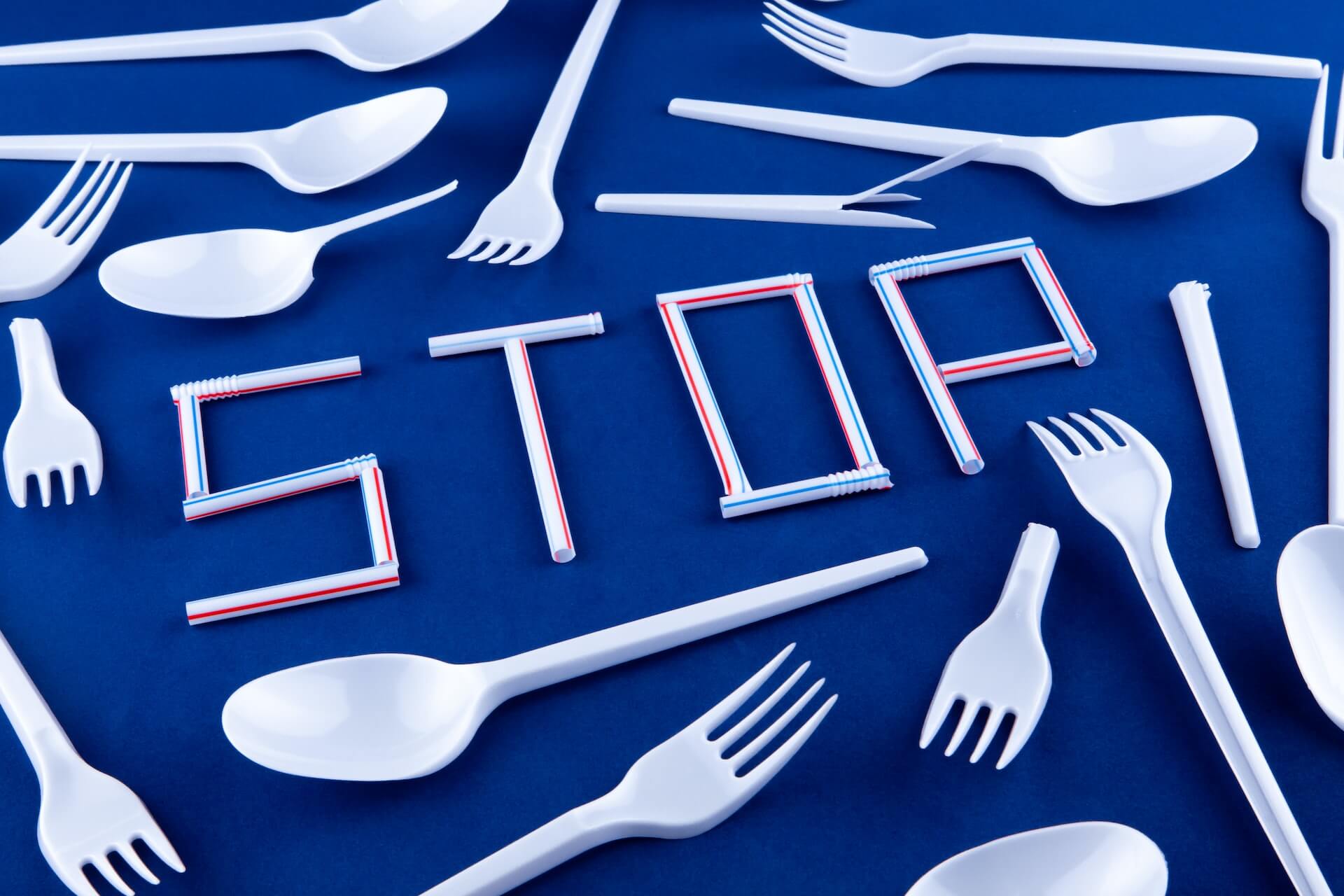How Canada’s Single-use Plastics Ban Affects Operators
by David Klemt

With a few exceptions, Canada’s ban on the manufacture, importation, and sale of single-use plastics is now officially in effect.
However, that doesn’t mean restaurant and bar operators need to worry about current inventories just yet. While the Single-use Plastics Prohibition Regulations are in effect, operators have a year to deplete their stocks.
SUPPR is a crucial element of Canada’s overall plan to combat pollution and reach a goal of zero plastic waste by 2030. The single-use plastics ban was announced in June of this year.
“We promised Canadians we would deliver a ban on single-use plastics. Today, that’s exactly what we’ve done,” said Minister of Environment and Climate Change Steven Guilbeault the day SUPPR was announced. “By the end of the year, you won’t be able to manufacture or import these harmful plastics. After that, businesses will begin offering the sustainable solutions Canadians want, whether that’s paper straws or reusable bags. With these new regulations, we’re taking a historic step forward in reducing plastic pollution, and keeping our communities and the places we love clean.
Now, six months later, it’s the law of the land.
What’s Banned?
Essentially, Canadian operators must evaluate everything they use for delivery and takeout or pickup. If any items are single-use plastic, they must be gone by December 2023.
Per SUPPR, the manufacture, importation, and sale of the following is prohibited:
- Checkout bags designed to carry purchased goods from a business and typically given to a customer at the retail point of sale.
- Cutlery includes:
- knives
- forks
- spoons
- sporks
- chopsticks
- Foodservice ware designed for serving or transporting food or beverage that is ready to be consumed, and that:
- contains
- expanded polystyrene foam
- extruded polystyrene foam
- polyvinyl chloride
- carbon black
- an oxo-degradable plastic
- are limited to the following items
- clamshell containers
- lidded containers
- boxes
- cups
- plates
- bowls
- contains
- Ring carriers are flexible and designed to surround beverage containers in order to carry them together.
- Stir sticks designed to stir or mix beverages, or to prevent a beverage from spilling from the lid of its container.
- Straws include:
- straight drinking straws, and
- flexible straws, which have a corrugated section that allows the straw to bend, packaged with beverage containers (juice boxes and pouches)
For accuracy, the above comes from the Government of Canada website directly, unedited.
What does this mean for Operators?
Again, operators in Canada don’t need to toss their current stock of the above items.
However, Restaurants Canada does recommend that operators contact suppliers and customers if they import, export, or sell prohibited items currently.
The single most important thing for operators to do now is research single-use plastic alternatives. Items need testing as changes will affect F&B items and the guest experience.
Of course, it’s possible an operator’s current supplier already offers alternatives to single-use plastics. That could prove convenient but costs, supply chain reliability, and impact on menu items need careful consideration.
Sustainability and responsible practices are no longer just conversation topics within the industry. As of this week, in Canada, they’re the only way forward.
Image: Volodymyr Hryshchenko on Unsplash
